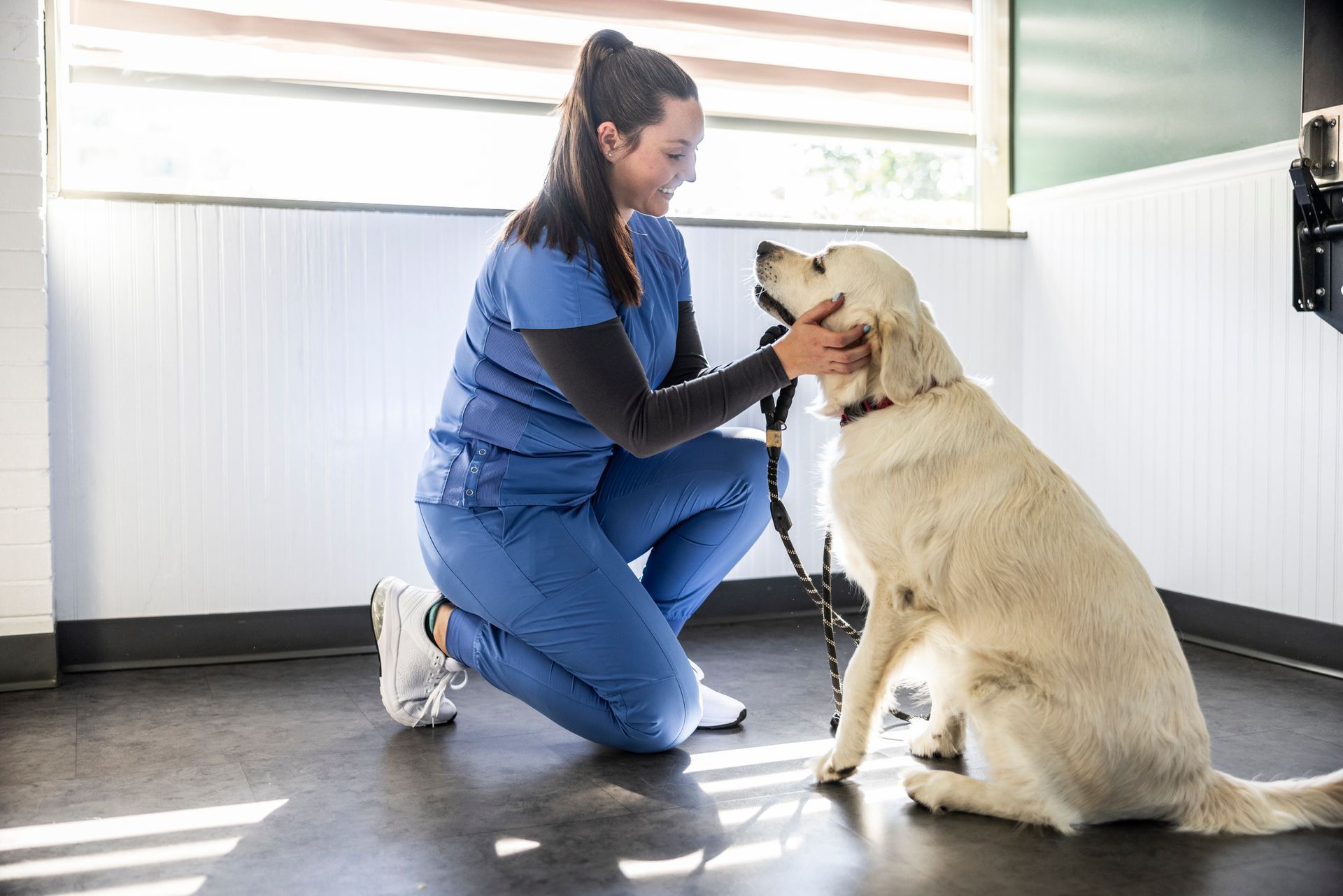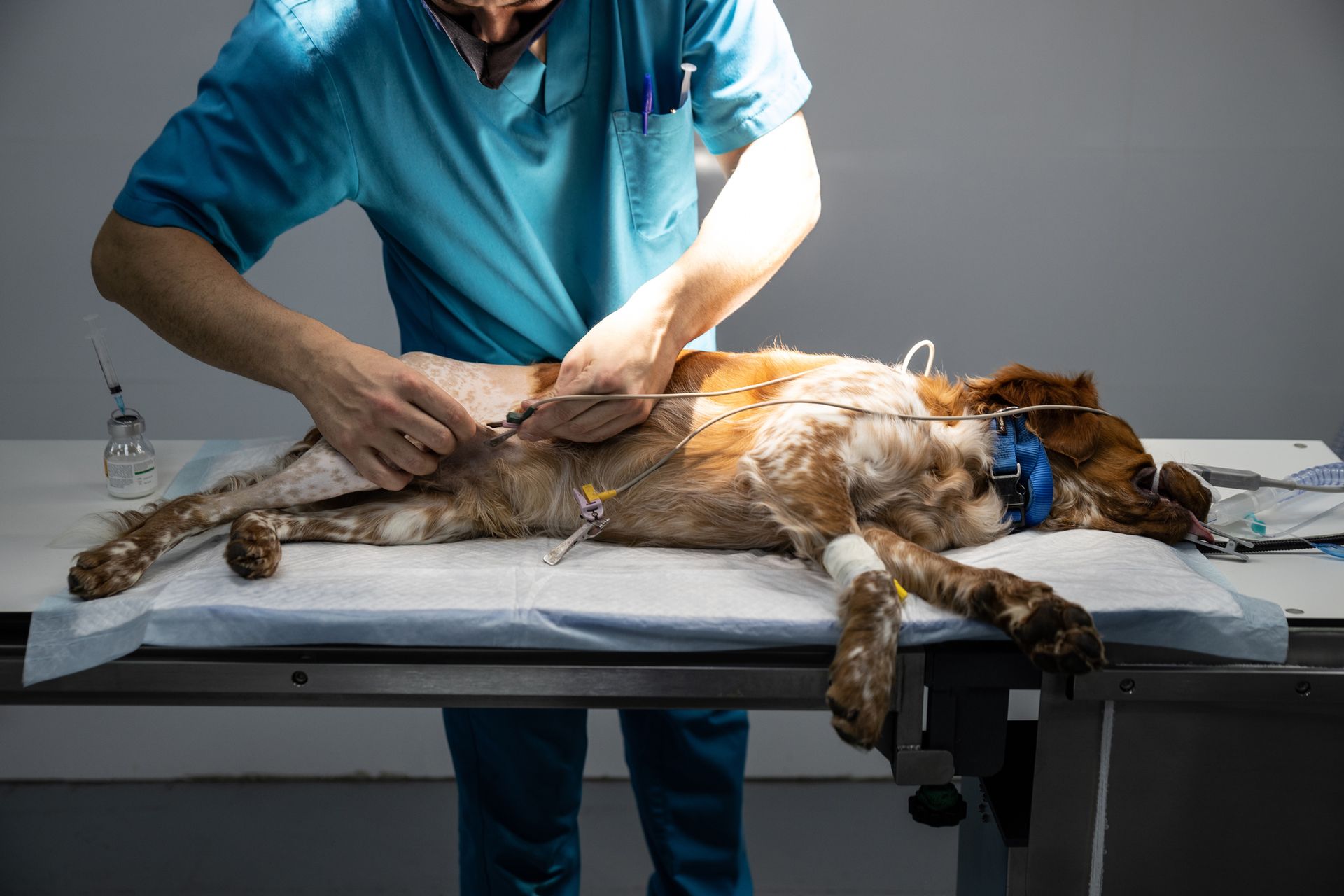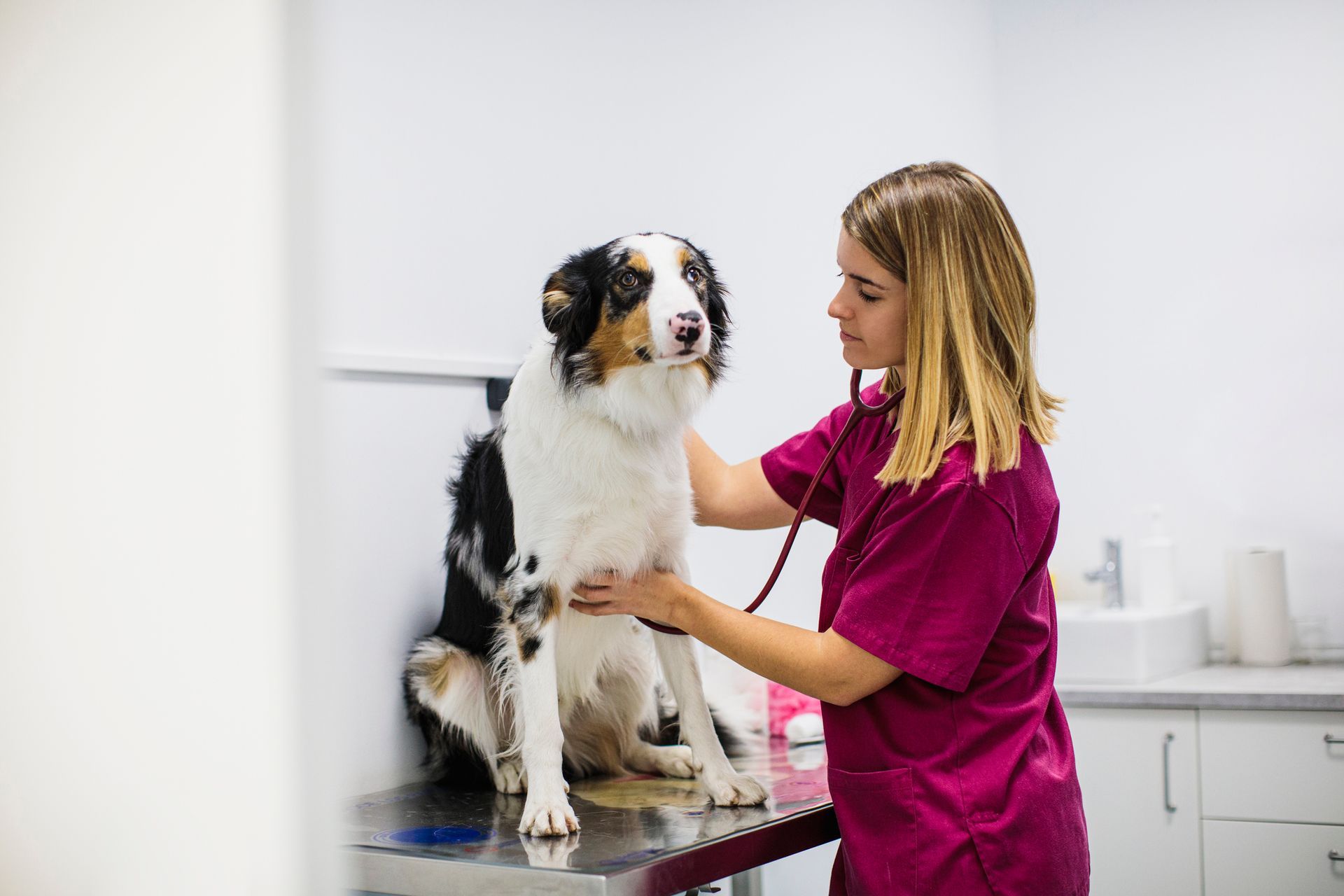Gifting a Puppy? Encourage a Great Relationship With These Tips
With the holiday season at hand, families are beginning to get into the spirit. Children are busy making lists and anticipating the gifts they might receive. Parents, on the other hand, are trying to balance their desire to make their children happy with what is responsible, financially feasible, and in the best interests of the entire family.
Parents who sneak a peak at their child's carefully hand-lettered list only to see the word "puppy" may find themselves seriously considering the possibility. If you are one of those parents, here are some expert-level pointers to help your gift of a puppy blossom into a wonderful experience for both your child and their new canine buddy.
Ensure the Recipient is Ready
Children who have never before been tasked with the care of a living creature may not understand the daily care needs of a dog. Any parent that considers this type of gift must first determine if their child is ready for the responsibility.
A good way to determine your child's actual interest and responsibility level without taking away the element of surprise is to ask a dog-owning friend to allow your family to pet sit for them for a weekend. Parents can use this time to both educate the child on proper care and gauge whether their child's actual level of interest and maturity is sufficient for a dog of their own.
Other ways to instill this information without cluing your child into the upcoming gift of a puppy, is to take the child along when volunteering at the local pound and searching for books and videos on dog care, training, and ownership that you both can share.
Make the Right Choice for Your Child
Your child's idea of the right puppy and yours may differ. Before they decide on a particular breed, parents need to do some research to ensure the desired choice is feasible. This research should include:
-
Applicable city, county, or homeowner associations that have existing or planned restrictions to prevent homeowners from owning certain dog breeds
-
Home insurance guidelines that may refuse or cancel coverage based on the ownership of certain dog breeds
-
House and yard size limitations that could be a problem with some dog breeds when they reach adulthood
Parents should also use information on temperament, activity level, potential health issues, and food requirements to help them choose a puppy that fits well with their child and the family home.
Avoid Pet Stores and Unscrupulous Breeders
Another tip to select a puppy that will be well-socialized, healthy, and ready to love your child is to consider rescue puppies that have been successfully fostered, puppies that are available for adoption at your local shelter, or a puppy from a trusted friend or relative.
If the parentage is unknown, a caring veterinarian or veterinarian's assistant can examine the animal and offer advice on the expected size and weight of the animal, once it reaches adulthood.
Include the Tools and Supplies Needed
To successfully gift a puppy to your child, make sure they are properly supplied and outfitted to help them immediately establish good care routines.
Along with the puppy, parents should also ensure that the child is gifted with:
-
Any leashes, harnesses, sweaters, and collars they need to care for the dog from the moment of ownership
-
A crate, dog bed, or blanket to be used as the puppy's bed and safe space
-
A supply of high-quality dog food and treats
-
Brushes, combs, and nail trimmers to keep the dog looking well-groomed
-
A supply of puppy pads, refuse baggies, and other hygiene needs
A short, laminated list of care instructions and gift certificates to a local obedience training class are also very thoughtful gifts for your child when presented with a puppy.
Invest in Micro-Chipping
The ownership of any pet includes the risk that it will become lost or be stolen. While a properly fitting collar with identification tags can help, if it is lost or removed, the puppy may be unable to be easily recognized when found or recovered.
This is especially worrisome when the puppy is missing for several days and dirt, injuries, or lost weight help make them difficult to recognize. The insertion of a tiny, electronic microchip that transmits their identifying information helps increase the odds that your child and their dog will be reunited, should this occur.
Handle Initial Care Needs Before Gifting
If possible, schedule an initial veterinarian appointment several days before you plan to present the puppy to your child. Allow the puppy to undergo a complete physical, have any needed vaccinations, be micro-chipped, and treated for fleas and other pests well before it meets your child for the first time.
The friendly animal care experts at South Seattle Veterinary Hospital are here to help the new puppy and your child get off to a great start. Rely on us for any concerns about routine care, as well as any emergency health needs.











